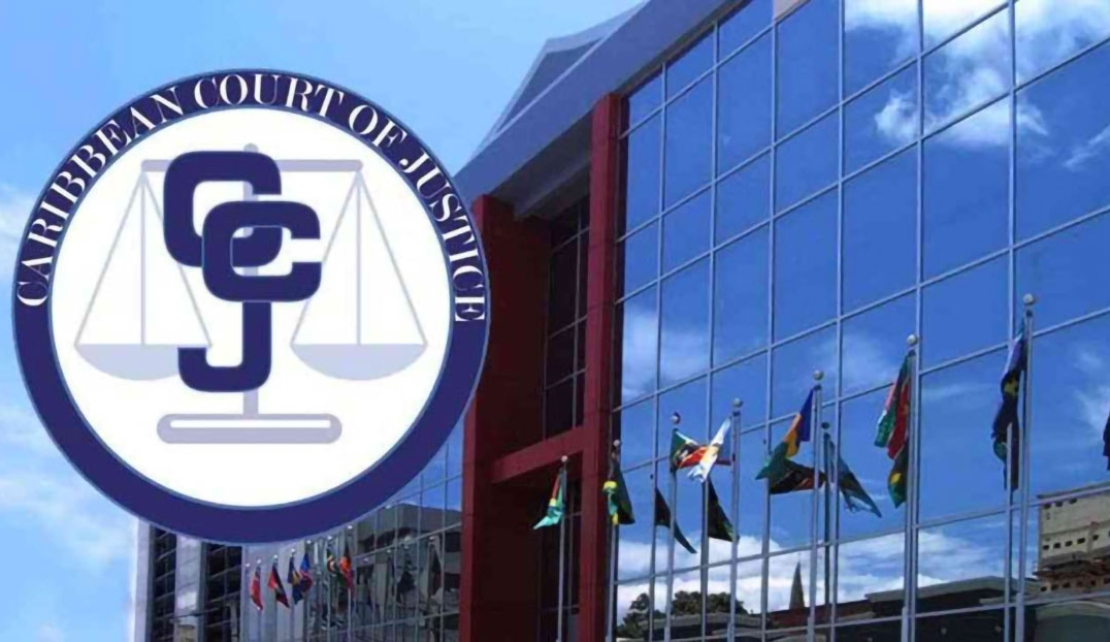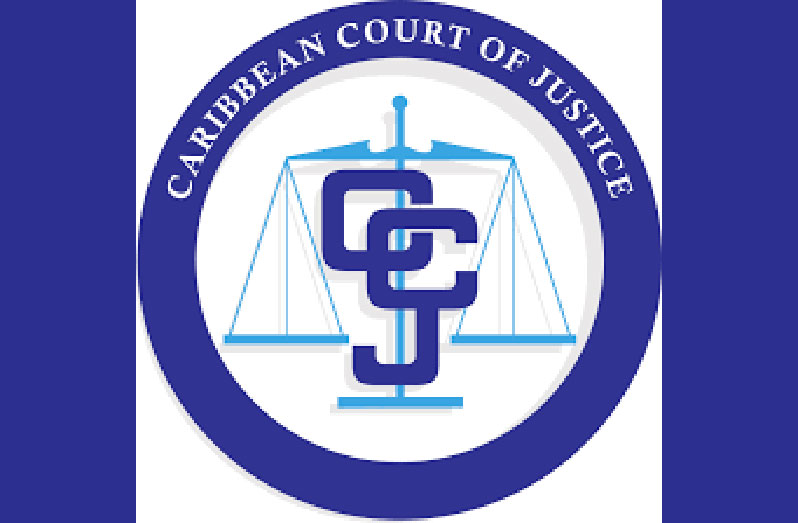The CCJ is the Region’s Future Says Paul Reid in a letter to the Editor

MONTEGO BAY, Jamaica, March 16, 2024- TBD - In the wake of the Judicial Committee of the Privy Council's recent decision in the Adijah Palmer, also known as Vybez Kartel, murder case, the Jamaican public's attention has sharply turned back to the United Kingdom's highest court.
Journalist Paul Reid, in a rare venture outside the sports arena, wrote a Letter To The Editor, expressing his concern over the need for Jamaica to take yet another look at making the necessary steps towards having the Caribbean Court of Justice as the nation's final appellate court.
Embracing Sovereignty: The Case for the Caribbean Court of Justice Over the Privy Council
Dear Editor:
This resurgence of interest in the Privy Council has reignited an essential debate within the Caribbean community: Should member states, particularly Jamaica, shift their final appellate jurisdiction to the Caribbean Court of Justice (CCJ)?

Historical instances reveal a certain reluctance from this British institution to engage with Caribbean cases, further compounding the argument against its continued relevance in the region.
The logistical and financial implications of pursuing a case at the Privy Council—where local legal representation in the UK is a costly necessity—underscore the pressing need for a more accessible, regionally grounded alternative.
In contrast, the CCJ offers a beacon of hope for a justice system that is both culturally attuned and geographically accessible to the Caribbean populace. Critics of the Privy Council point out its lack of diversity and understanding of the Caribbean's unique social and legal context—a gap seamlessly bridged by the CCJ.
The court not only boasts a bench reflective of the region's rich mosaic but also embodies the principle of legal sovereignty, marking a critical step away from colonial-era dependencies.
A senior member of the staff of Jamaica's Office of the Director of Public Prosecution has eloquently argued in favor of the CCJ, highlighting the court's potential to deliver justice that is not only expedient and economically feasible but also culturally relevant.
This perspective challenges the colonial mindset that venerates foreign institutions over regional ones, advocating for a legal system that truly understands and represents its people.
The transition from the Privy Council to the CCJ is not merely a legal formality; it is a crucial move towards regional autonomy and a reclamation of the Caribbean's socio-political and judicial sovereignty.
By embracing the CCJ, the Caribbean community can foster a justice system that is not only more accessible and equitable but also deeply reflective of its values and realities.
This conversation around judicial sovereignty and regional autonomy is not new but has been given fresh impetus by the recent verdict in a high-profile case that captured the Jamaican public's imagination.
The Privy Council's decision has, paradoxically, served both to renew faith in this institution for some and to underscore the limitations and disconnections of a colonial-era relic for others. The argument for the Caribbean Court of Justice (CCJ) centers on its ability to offer justice that is not only swift and less burdensome financially but also culturally congruent with the societies it serves.
 The CCJ, established to serve as the primary judicial organ of the CARICOM community, is emblematic of the region's quest for complete judicial independence. It represents an opportunity to fortify legal systems that are rooted in the unique historical, cultural, and socio-economic realities of the Caribbean.
The CCJ, established to serve as the primary judicial organ of the CARICOM community, is emblematic of the region's quest for complete judicial independence. It represents an opportunity to fortify legal systems that are rooted in the unique historical, cultural, and socio-economic realities of the Caribbean.
The importance of a judiciary that reflects the diversity of its populace cannot be overstated. The very recent inclusion of a female justice and the absence of people of color on the Privy Council, is a stark reminder of the disparities and disconnects that can arise when justice is meted out by those far removed from the lived realities of those they judge.
Furthermore, the Caribbean's legal talent has consistently demonstrated its capacity to excel on the global stage. The region's jurists serve with distinction in international courts and tribunals, showcasing the depth of legal acumen available within the Caribbean itself. This talent pool offers a compelling case for the CCJ's capacity to handle the appellate needs of the region with both expertise and insight.
In conclusion, the debate over the appellate jurisdiction of the CCJ versus the Privy Council is more than a legal quandary—it is a question of identity, sovereignty, and the future direction of the Caribbean justice system.
As nations globally move towards reinforcing their independence and asserting their unique identities, the Caribbean community's embrace of the CCJ can be seen as a pivotal step in decolonizing its legal system.
This move is not just about rejecting an outdated model but about affirming confidence in the region's ability to govern and adjudicate its affairs. The path forward for the Caribbean lies not across the seas but within its own shores, where the heart of its people and the spirit of its laws can best be reflected and served.
-30-
